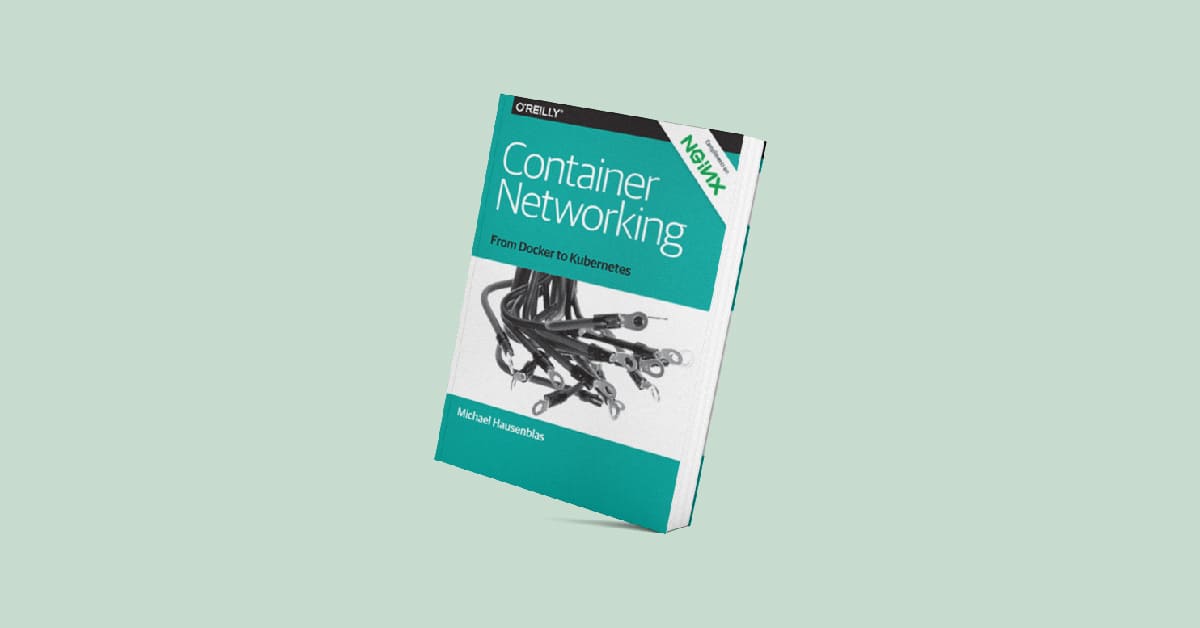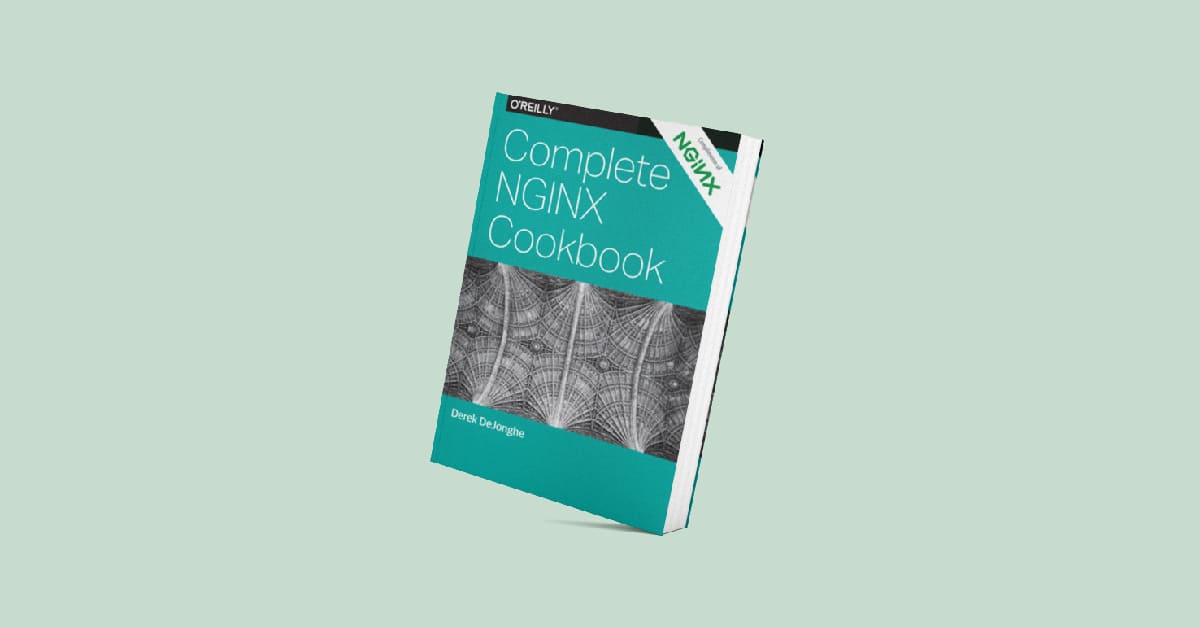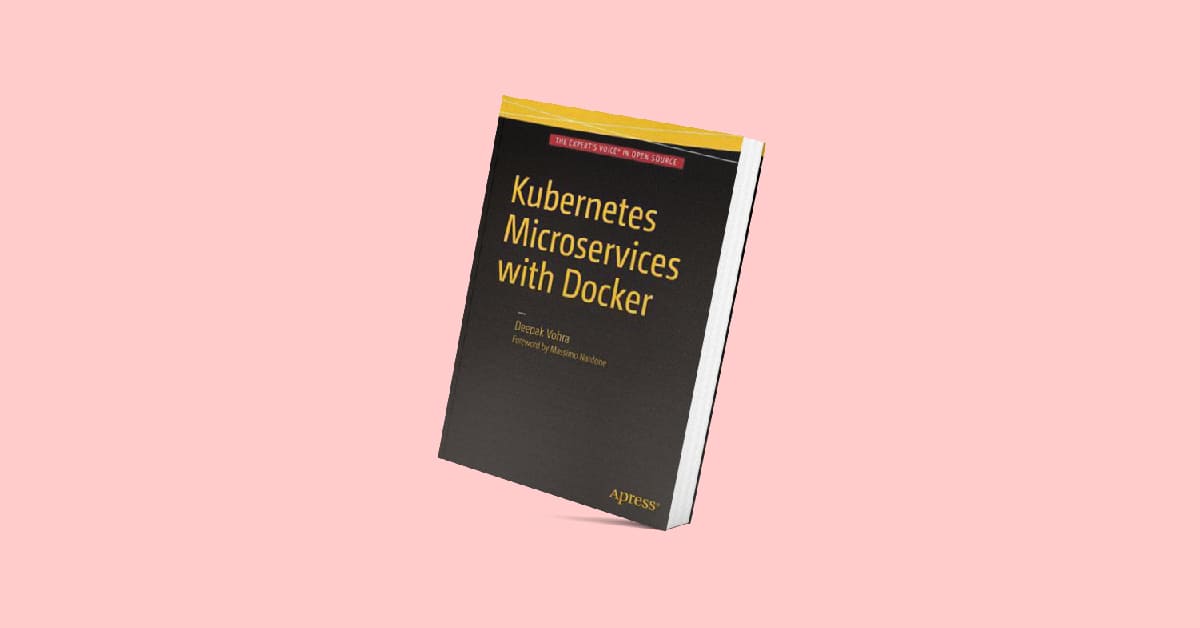3 books on DevOps you must read, and 1 you must not
-
4438
-
1
-
22
-
0
DevOps engineers worldwide seek the way to improve their knowledge of DevOps best practices. This article highlights 4 books on DevOps that will help with that task — and 1 to avoid at all costs.
IT specialists around the world are engaged with transitioning to DevOps practices. We’ve repeated this many times – DevOps is not a set of tools, it is a culture of working, a general approach to workflows and a variety of functions the IT infrastructure management team might perform to achieve the result. Learning to do the things the right way is best done when reading trustworthy books from real Subject Matter Experts, and today we describe 3 books on DevOps from IT Svit library. As a bonus, we mention 1 book you should not waste your time reading.
DevOps 2.0 Toolkit, by Viktor Farcic
This book was written by Viktor Farcic, the Senior Consultant at Cloudbees, a man with deep expertise on microservices, CI/CD and Test-Driven Development (TDD). It would be a great starting guide for software developers, Site Reliability Engineers (SRE’s) and cloud architects who enter the containerization space and want to be prepared for the upcoming transition to DevOps in their company. It is a heavily annotated guide on planning and implementing the containerized applications, distributed applications and migrations of legacy workloads to containerized cloud computing environments.
“This book is about different techniques that help us architect software in a better and more efficient way with microservices packed as immutable containers, tested and deployed continuously to servers that are automatically provisioned with configuration management tools. It’s about fast, reliable and continuous deployments with zero-downtime and ability to roll-back. It’s about scaling to any number of servers, the design of self-healing systems capable of recuperation from both hardware and software failures and about centralized logging and monitoring of the cluster.”
© Viktor Farcic, DevOps 2.0 Toolkit
This is a hands-on book with lots of examples, so you will be able to try the explained actions firsthand and get live experience with using DevOps tools like Kubernetes, Ansible, Docker, Jenkins, Consul, etc. The material is explained clearly and this book has met a really warm welcome from a wide audience of software engineers, who tweet their thanks to the author.
Container Networking: from Docker to Kubernetes, by Michael Hausenblas
This is a book written by Developer Advocate of Red Hat OpenShift, Michael Hausenblas. He is a well-known member of Kubernetes community, mostly spending time in the Cluster Lifecycle, Autoscaling, and Apps Special Interests groups. He has immense knowledge of containerization and microservices, which is crystallized in this great book.
“My hope is that you’ll find the book useful if one or more of the following applies
to you:
• You are a software developer who drank the (Docker) container Kool-Aid.
• You work in network operations and want to brace yourself for the upcoming onslaught of your enthusiastic developer colleagues.
• You are an aspiring Site Reliability Engineer (SRE) who wants to get into the container business.
• You are an (enterprise) software architect who is in the process of migrating existing workloads to a containerized setup.
Last but not least, distributed application developers and backend engineers should also be able to extract some value out of it.”
© Michael Hausenblas, Container Networking
Throughout the course of this book, you will get invaluable understanding and real-life examples of building self-healing cloud infrastructures running immutable containers with easily manageable apps.
NGINX Cookbook, by Derek DeJonghe
This collection of advanced recipes for high-performance load balancing is written by Derek DeJonghe, Director of Architecture for RightBrain Networks. This book was written in collaboration with NGINX, Inc. and published by O’Reilly publishing.
“This installment will focus mostly on the load balancing aspect and the advanced features around load balancing, as well as some information around HTTP caching… The following chapters have been written for an audience that has some understanding of NGINX, modern web architectures such as n-tier or microservice designs, and common web protocols such as TCP, UDP, and HTTP.”
© Derek DeJonghe, NGINX Cookbook
While the material is mostly centered on using NGINX features, the general approach to load balancing and high workload issue solving will undoubtedly be useful for aspiring software developers and DevOps engineers.
The book not to read: Kubernetes Microservices with Docker, by Deepak Vohra
While seemingly well-organized and full of useful insights, this book is actually 440 pages of descriptions of the same logic used with different components. The same manifest listings are used for relational databases like MySQL, PostgreSQL, Oracle Database — and NoSQL databases like MongoDB, Apache Cassandra, and Couchbase.
This goes on to Apache Hadoop and other tools, with all the material presented in the school workbook-like style. As a matter of fact, the whole useful material is 50-60 pages long, and the rest is clearly written to increase the size of the book with literally no value added. We strongly recommend you to keep away from this book.
Final thoughts on the DevOps books from our reading list
As you can see our reading list is quite small, yet it definitely contains the best books on DevOps as of 2018, written by reputable authors, who are well-known SMEs and top practitioners. We have also included an example of a book you can only waste your time reading, to give a general understanding of what to avoid at all costs.
Do you have any other great book on DevOps in mind? Please share your thoughts in the comments below!




